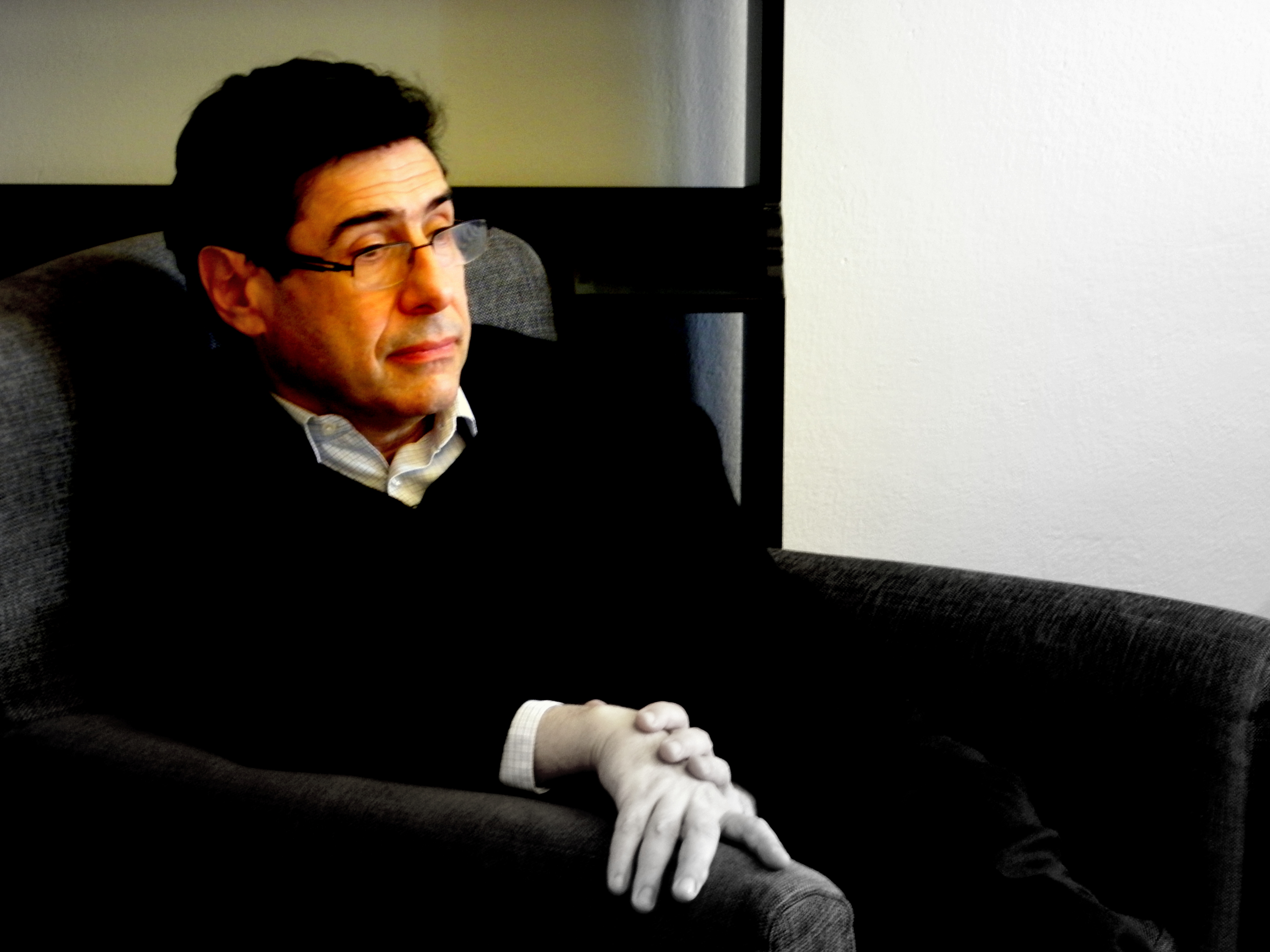Let’s start from the beginning. Who influenced your decision to become an economist?
I wanted to go into economics because I was politically engaged; I was a left wing militant in my youth. And I realized then that understanding the economy was important because I could see that it plays a big role in political events. I thought it was good to be able to go into academics to understand these things better. I knew there are ways to transform the world and to make it a better place, so that’s what motivated me.
So tell us, where did you get your education?
In France I started mathematics first. I went to do my PhD in Harvard, and then I spent two years at MIT. Eventually I was a bit homesick, so I went back to Europe, and spent ten years here.
In Europe I spent most of my time in London because the EBRD was being created and I was part of the team that started it. Then in 2000 I went back to Harvard and I’ve been a professor there since then.
As for your current state research, what is your interest? And as a professor who has published many books and articles, where do you see the research gap?
My area of research is growth economics. What differentiates my approach from other approaches to growth is that firms play a big role. It’s an ‘industrial organization’ approach to growth. Particularly I examine competition and growth, industrial policy and growth, and how monetary and fiscal policy influence growth by affecting firms’ investment decisions, like R&D and other types of investment. So it’s very much firm level growth analysis, and that’s really what I’ve been pushing.
My training is in theoretical industrial organization and contract theory. I try to understand how market structures and the organization of firms and government matters for growth. Recently I’ve also been working on climate and growth.
I’m very interested in how to rethink growth policy in Europe. Everyone talks about growth policy. So how should it be designed? I think the research I do has something to say about how to design a growth policy package for Europe.
It always leads to using a Schumpetrian approach to get into new reconsiderations of growth policy; this could be competition, it could be more general structural reforms, it could be industrial policy, investment policy, or microeconomic policy of growth. It’s on those grounds that things can be done to spur growth in the Eurozone.
You were educated at Harvard and you had the experience of teaching at many prestigious universities. What can you say about CERGE-EI?
I was and still am on the advisory board of CERGE-EI. When CERGE-EI was created I was very active on the advisory board. So I was a big part of this adventure, which has then been followed by others (like the economic institute in Moscow, which I consider a replica). And other places are now trying to do the same thing too. But CERGE-EI was the first institute really teaching Western-style economics into a transition region, so I think CERGE-EI was very innovative and very important.
CERGE-EI has played a big role in the region and many talented people have been trainedhere. This has contributed a lot to the transition process and to the introduction of best-quality standards in economics into the transition economies.
How has CERGE-EI changed in its two decades?
What I see now is a big change in the quality of faculty. In the beginning you would have some people doing game theory, but they weren’t publishing in the really big journals. Their publications were at an honorable level, but not so much in ‘top five’ journals.
But now the big difference is that faculty in CERGE-EI are in those ‘top five’ and I am very impressed to see that this is happening now. And that changes everything because now CERGE-EI can become a top place. Before it was very honorable but not a top place, and now we’re seeing a big change.
How do you think students at CERGE-EI realize their competitive advantage in terms of their research topics?
There was a time when you said that you should simply work on transition. I see now you have very good theorists, very good people working in development economics and labor economics; those are areas where you can do very good work. CERGE-EI faculty is in areas where it wasn’t before. Mostly you have to work in areas where your faculty is active, because that’s where you’re more likely to be helped and to be pushed.
Interviewer: Sophio Khozrevanidze, 2nd year PhD Student
11 June 2012
Check out the video of Professor Aghion’s lecture at CERGE-EI here!

